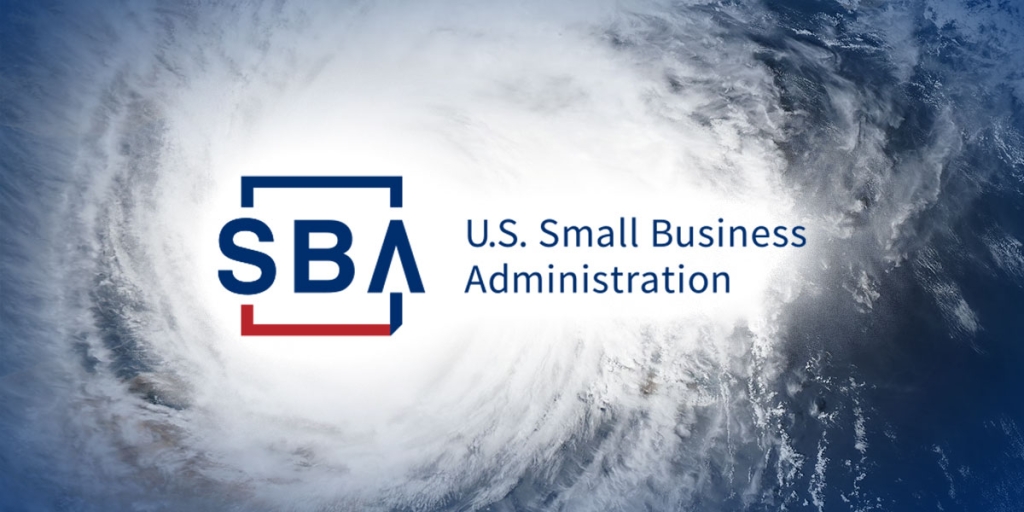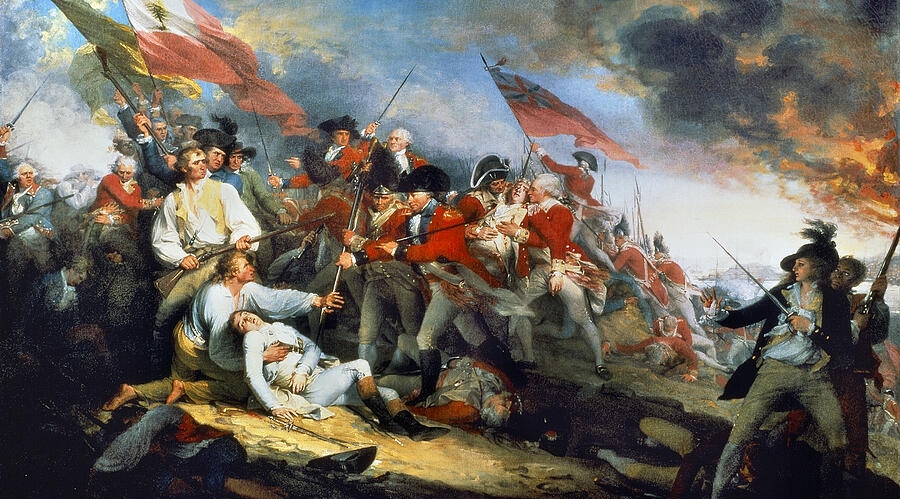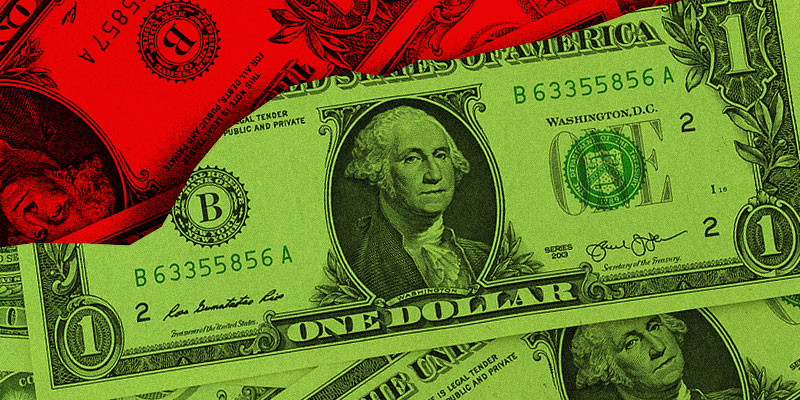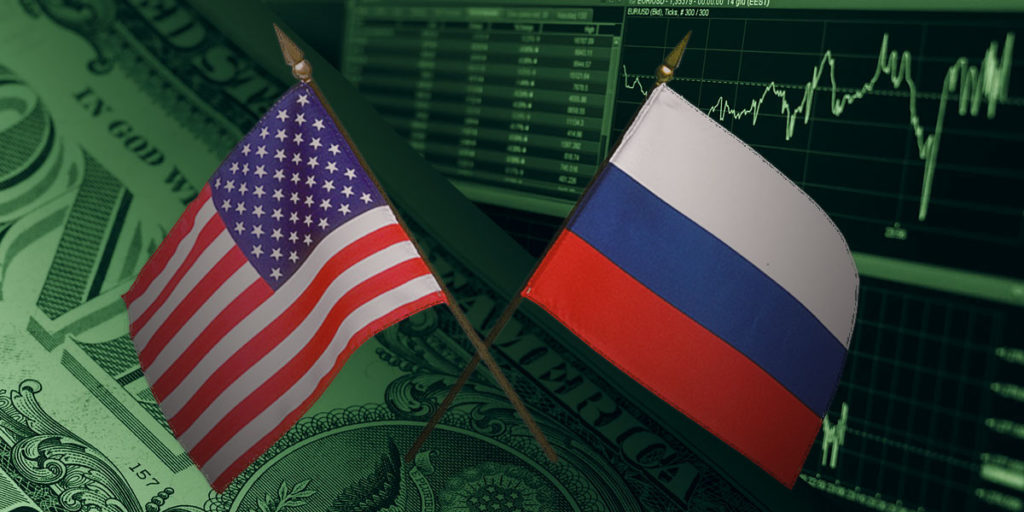I frequently extol the virtues of economic freedom, which generally produces prosperity and rising standards of living. However, could economic freedom possibly be contributing to America’s opioid crisis and its tragic deaths?
Fox News’ Tucker Carlson suggests so in his book Ship of Fools. The argument deserves a hearing, especially with proponents of free markets. The costs of today’s malaise are undeniable. As Mr. Carlson writes, “If you’re a middle-aged American man, you probably know at least one peer who has killed himself in recent years, and maybe more than one.” The statistics are grim: a 43 percent increase in suicides among middle-aged men, a quadrupling of opioid-related overdose deaths, ten percent of men between 25 and 54 out of the workforce. Suicides and overdoses are reducing life expectancy.
The loss of jobs in manufacturing and mining provides a plausible economic cause. Academic research links job loss with a loss of self-esteem, depression and family breakup. It is a short step to addiction, and the geographic concentration of job loss coincides with opioid addiction. The role of international trade, automation, and immigration specifically implicates economic freedom. Businesses have moved jobs overseas, automated jobs, and hired inexpensive immigrants, boosting profits while eliminating jobs supporting middle-class families.
Is economic freedom truly to blame? In one sense we must say no, because economic freedom enabled the factories which lifted families into the middle-class. The effect must be through interaction with other economic forces. As Mr. Carlson writes, “Someone needs to protect workers from the terrifying power of market forces, which tend to accelerate change to intolerable levels and crush the weak.” Globalization and automation may be occurring too fast for people to cope due to economic freedom.
Some economists would contend that displaced workers just need to learn new skills and find new jobs. Artificial intelligence will not end work and unemployment is at record lows. This may be the best time to ever have to switch careers. Yet I agree with Mr. Carlson that this response is lame. It’s like telling someone not to get depressed over the death of a family member. People inevitably have difficulty accepting that what they have done for years is no longer needed, and the new job almost surely won’t pay as much as the factory.
Something more fundamental seems to be happening. The failure of numerous manufacturers over the decades – like Studebaker, Packard and Pullman – never produced such dramatic consequences. What we are witnessing is the end of the need for thousands of jobs in steel or auto plants for decades. Smart robots will be doing any new job long before employers need to hire thousands of workers. Work will be fleeting.
This has, I think, broken down a long-standing informal deal. I’ve previously called this the “Allentown economy,” in honor of Billy Joel’s awesome and prescient 1982 song. One line went, “For the promises our teachers gave, If we worked hard, If we behaved.” Do as authority figures (teachers and later bosses) ask and life will be good. A middle-class standard of living was never gifted to workers; their work in factories helped make America prosperous.
The implicit deal’s breakdown explains the extent of today’s malaise and the inadequacy of retraining. People willing to follow direction and work hard are no longer so needed. The Allentown economy was not created as part of anyone’s grand design. The deal worked and so people went along.
Is there a solution to the breakdown of the deal? Unfortunately, the complex social problems rarely admit easy solutions. Our economy is much more complicated than, say, a derailed train. Any solution may excessively curtail market forces.
Economic freedom allows people to craft lives they want to live. America today almost surely has more prosperity and innovative ways to earn a living than ever. Yet millions of Americans cannot find a life worth living. This is a tragedy, whether attributable to economic freedom or not.
Daniel Sutter is the Charles G. Koch Professor of Economics with the Manuel H. Johnson Center for Political Economy at Troy University and host of Econversations on TrojanVision. The opinions expressed in this column are the author’s and do not necessarily reflect the views of Troy University.













